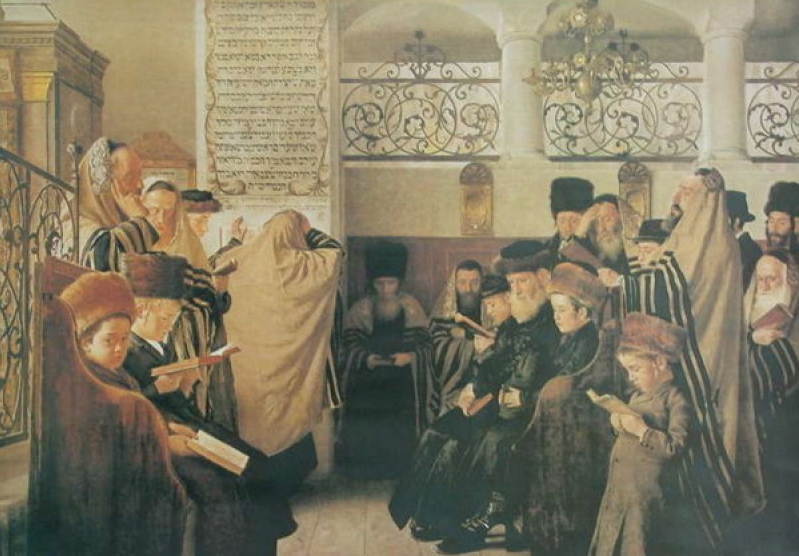
It is that time of the year again for Jews to observe Yom Kippur, which is otherwise known as the Jewish Day of Atonement. Just in case you were wondering what Yom Kippur is all about, it happens to be the most sacred event in the Jewish calendar, where conservative and orthodox Jews, and basically any other Jew who is religious, will mark the solemn occasion with fasting and prayer.
The Jewish Day of Atonement will begin on the evening of October 11th this year. If one were to figure out which day will it be next year, then it would be best to check out the Jewish calendar for a definite answer. Basically, Yom Kippur is celebrated on the 10th day of the Jewish month of Tishrei each year. This day happens to be the tenth day after Rosh Hashanah, which is the Jewish New Year. Yom Kippur is richly steeped in tradition, where many take the opportunity to pause and reflect on all that has gone on in the past year, while pleading for forgiveness of one’s sins.
In between Rosh Hashanah and Yom Kippur, what does one do? No doubt a whole lot of reflection will be done, as these days are also well known as the "Days of Repentance" or "Days of Awe". If you are a Jew, this is a space of time where you are able to stand up and promise not to repeat whatever sins which were made in the previous year -- best time to obtain divine help in kicking one of those few nasty addictions such as gluttony, alcohol, and perhaps smoking for some.
As for the day of Yom Kippur itself, it will be observed in the most solemn manner. No one above the age of 13 should drink or eat anything at all for 25 hours, although anyone younger than that, are pregnant or unwell are exempt from such a rule. Others would also show their deep sense of repentance by wearing white in order to mark the symbol of purity, while others will also refrain from any form of make-up, taking a bath, and even spraying perfume. Best not to sweat it out on that day too, I reckon.
From the Talmud, which happens to be one of the central texts of Judaism, it does make mention that people who observe Yom Kippur are not allowed to wash or anoint their bodies with cosmetics or deodorant, while others decide to practice temporal celibacy throughout the stated time period. How will you observe Yom Kippur this year?
Synagogues would also be packed, since this is the only day throughout the entire Jewish calendar where give services will be conducted. Normal days would see just three prayer services held, with Yom Kippur adding on two more to make up Ma'ariv, Shacharit, Musaf, Mincha and Ne'ilah. The services will comprise of both private and public confessions, depending on the level of comfort between the people and the clergy.
In the concluding service of Yom Kippur, Ne'ilah as it is known would last for an hour normally. The ark will be left open during Ne’ilah, before the chance to make an atonement for one’s sins is closed for the year. At the end of the day, the shofar, a traditional instrument made from a ram's horn, will be blown.






